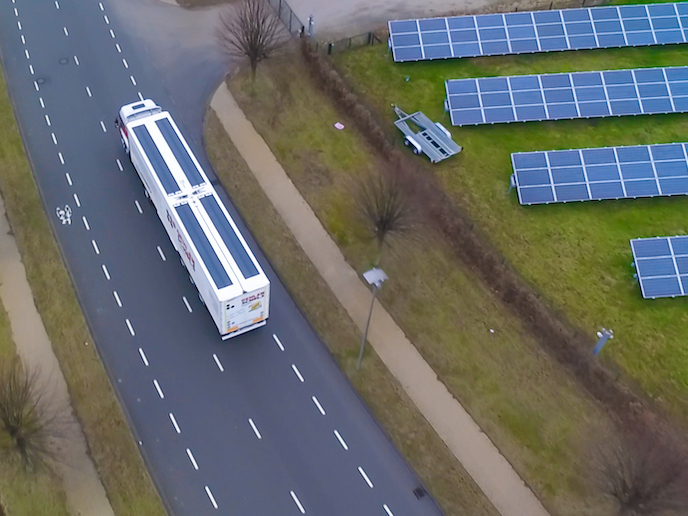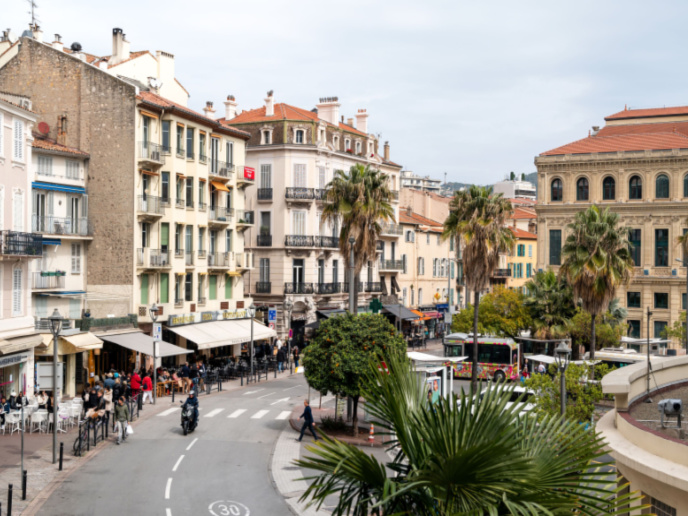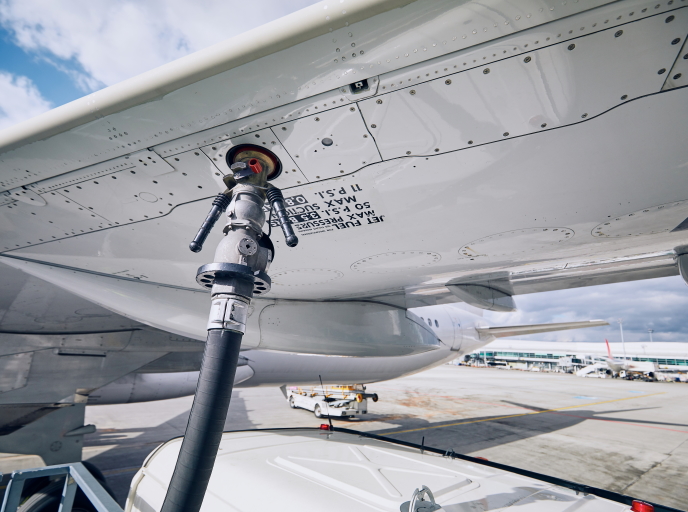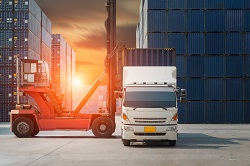Smart solar solution delivers cleaner mobility on the road
Road transportation is a critical element of the supply chain, connecting producers with final consumers. Our reliance on the road however comes at a price. Lorries emit a great deal of CO2. “Lorries are not like coal-burning power plants, tucked away from urban areas,” says Energy Trailer project coordinator Martijn Ildiz, chief executive officer at IM Efficiency(opens in new window) in the Netherlands. “They drive along roads and into cities. If you pass a motorway station, especially at the weekend, you’ll see lines of them parked with their diesel engines running, in order to generate electricity for drivers’ televisions and microwaves. This is bad for the environment, bad for us and bad for the drivers.” There is growing recognition of the need to move towards clean mobility. However, road haulage companies operate on tight margins, with little room for error. “We are still at the point where e-mobility is more expensive than fossil fuels,” notes Ildiz.
Smart trailer concept
The start-up IM Efficiency aims to help road transportation become more sustainable. “Six years ago, we saw an opportunity to place solar panels on top of freight trailers,” explains Ildiz. “An integrated battery, was a simple way of delivering clean electricity to the lorry, saving on fuel.” As Ildiz and his team developed their innovation, called SolarOnTop(opens in new window), they began to see more possibilities. The start-up developed the Energy Trailer concept, a technology where electricity from sustainable energy sources on the trailer is harvested. Configuration and management of the Energy Trailer via a cloud platform enables the widespread and user-friendly deployment of the sustainable trailer upgrade. This 4-month EU project enabled IM Efficiency to conduct a feasibility study on the technology’s potential, and to identify customers. On the technology side, Ildiz and his team assessed the potential for further developing cloud-based technology to control and trace energy flows. The Energy Trailer concept could even involve supplying power to the grid. “While others have focused on optimising the lorry, we focused on the trailer,” adds Ildiz. “For example, if a trailer is waiting half the day to be picked up, why not charge it up with solar power?” Harnessing other sources of energy, such as conversion of kinetic energy(opens in new window) into electric energy when brakes are applied to a 50-tonne vehicle, has also been explored.
Sustainable transportation
A key finding of the project was how much the market has changed. “Sustainability is something that every transportation company is looking into, large or small,” says Ildiz. “Technology has also advanced. It is now possible to have smart interaction with the grid, and to have bidirectional flows of energy. This means that we can plug in existing technology to create an integrated solution; we don’t have to develop everything by ourselves any more.” IM Efficiency plans to launch SolarOnTop later in 2020, to create a revenue stream and to learn more about the market. This, notes Ildiz, is the first step towards commercialising the more ambitious possibilities identified in the Energy Trailer project. The next step is to apply for funding to develop the broader Energy Trailer concept into a commercial technology and carry out a pilot test. “We aim to become the company that makes the transition to completely sustainable lorry transportation possible,” concludes Ildiz.







